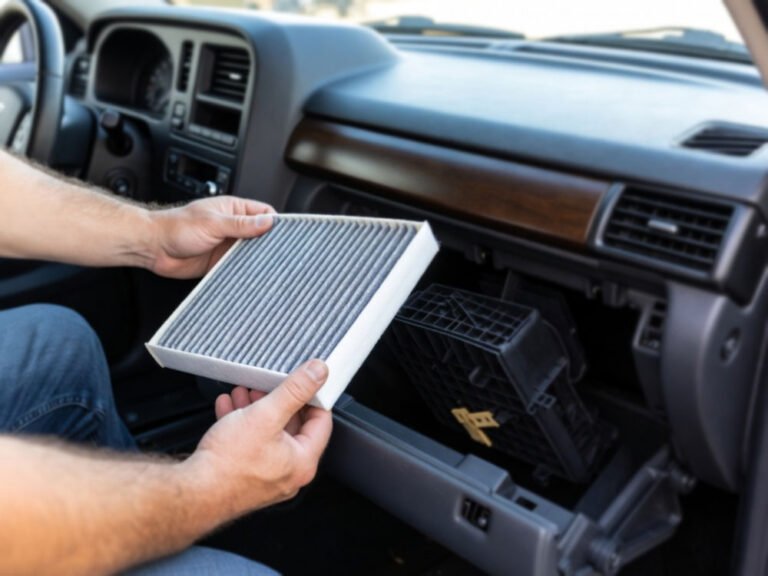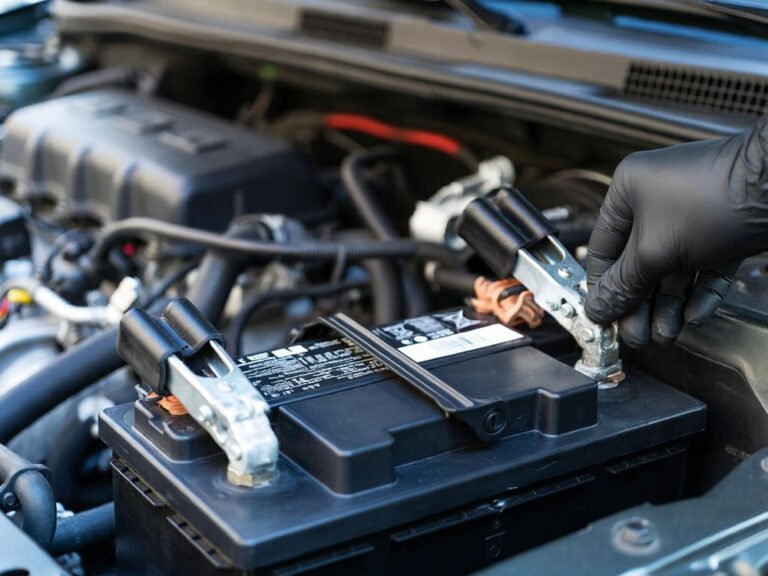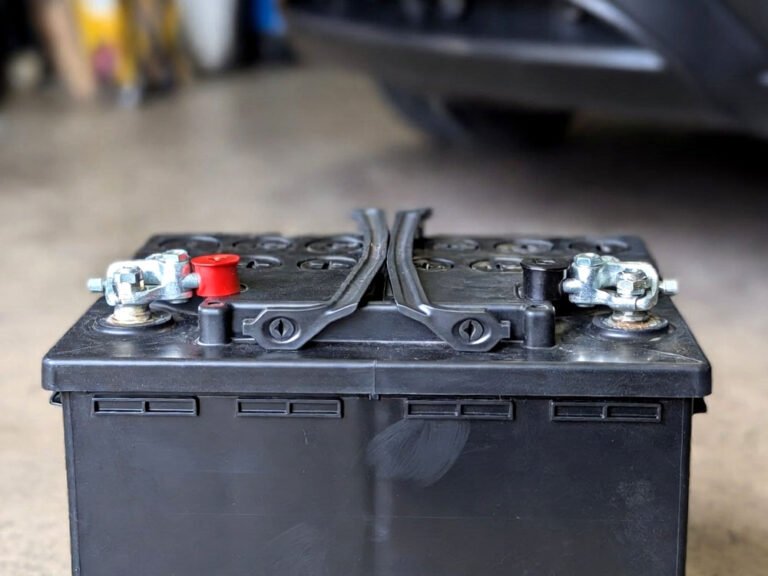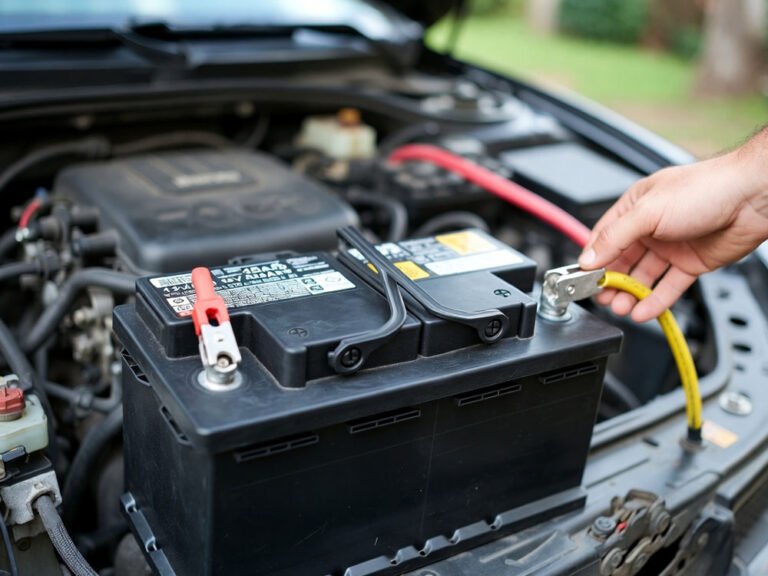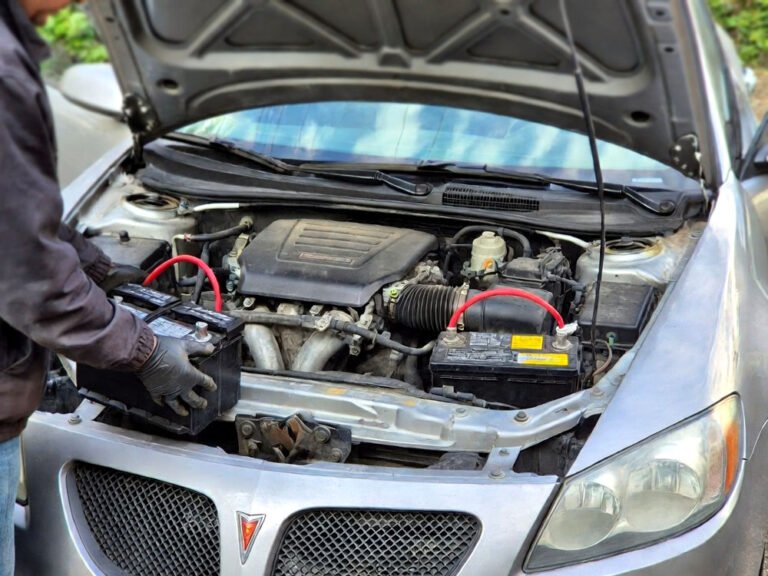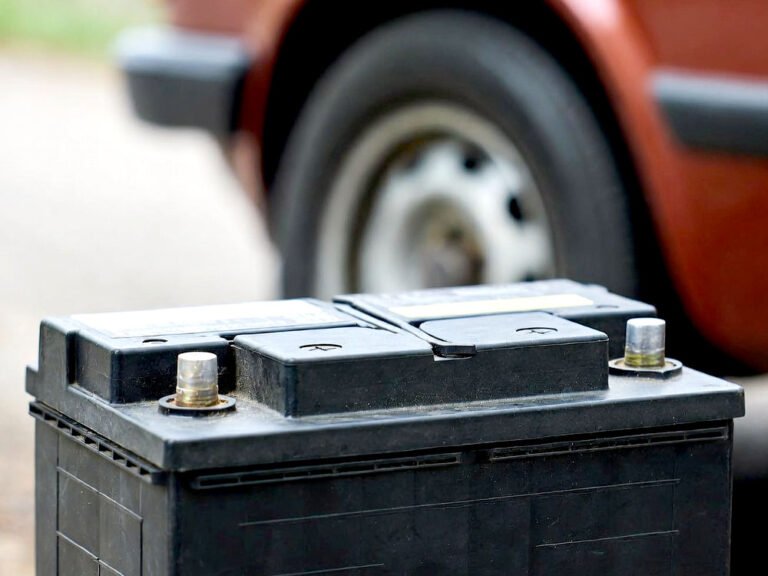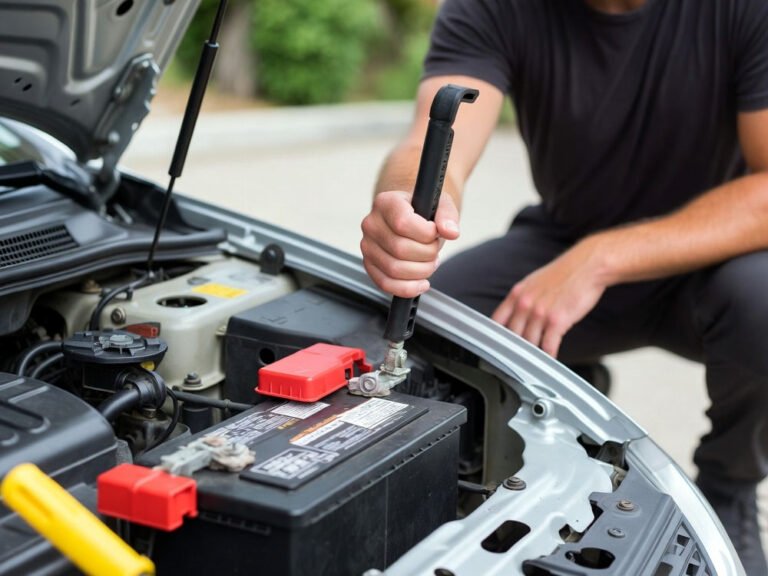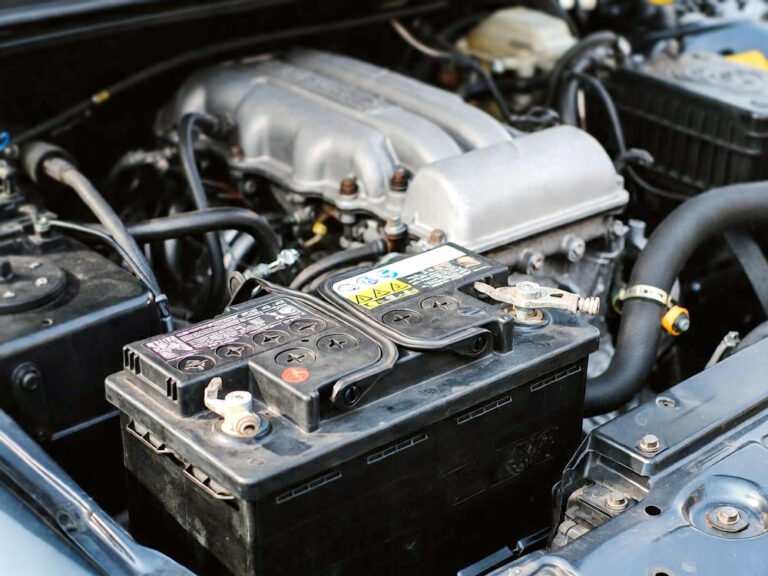You may have noticed your car’s AC suddenly turns off while driving on a hot day. This happens because your engine gets too hot, and the car protects itself by shutting off the AC. You might feel uncomfortable without cool air, but this is the right thing to do to stop the engine from breaking down. In this article, you will learn why your AC turns off when the engine temperature is high, what causes this problem, and how to keep your car running smoothly.
Why the AC Turns Off When the Engine Gets Too Hot
Your car’s engine works hard to keep everything running, especially on warm days or during long trips. When the engine temperature rises too much, the car’s system turns off the air conditioning to lower the stress on the engine. The AC compressor uses energy from the engine, so when the engine is too hot, stopping the AC helps reduce heat and power use. This way, the engine cools down faster and avoids serious damage.
The engine temperature is controlled by a sensor that tells the car’s computer when it is too hot. If the sensor detects a high temperature, the computer will stop the AC compressor automatically. This is a safety feature to keep the engine safe and working well.
Several things can cause the engine to get too hot, like a low coolant level, a broken radiator fan, or a blocked radiator. When the engine temperature is too high, driving with the AC on can make the problem worse. That is why your car stops the AC to help protect the engine.
- The AC turns off to reduce engine heat and save power.
- The car’s computer controls the AC based on engine temperature.
- Engine overheating can be caused by coolant problems or broken parts.
- Turning off the AC helps the engine cool down faster.
- The system protects the engine from damage.
- Driving without AC is safer when the engine is too hot.
How to Check If Your Engine Is Overheating
Knowing if your engine is overheating helps you avoid bigger problems. The first sign is often the AC turning off suddenly. Other signs include a warning light on your dashboard, steam coming from under the hood, or the temperature gauge showing a very high reading.
To check the engine temperature, look at the gauge on your dashboard. It usually has a needle that moves from cold to hot. If it moves past the middle or goes near the red zone, it means the engine is too hot. If you see steam or smell something burning, stop the car immediately and turn off the engine.
You should also look under the hood for any visible problems, like leaking coolant or broken hoses. Sometimes, a fan might not be working, so the engine can’t cool down properly.
Checking the coolant level is very important. Coolant is the liquid that helps keep your engine cool. If it is low, the engine will get hot quickly. You can check the coolant by looking at the reservoir under the hood, but only when the engine is cool. Never open the coolant cap when the engine is hot because it can cause burns.
If you see any of these signs, it is best to stop driving and let the engine cool down before using the AC again.
- Watch the temperature gauge on your dashboard.
- Look for steam or smoke from the engine.
- Notice any warning lights or unusual smells.
- Check under the hood for leaks or broken parts.
- Make sure the coolant level is enough.
- Stop the car and wait if the engine is too hot.
What Causes the Engine to Overheat and Turn Off the AC
There are many reasons why your engine might get too hot and cause the AC to turn off. One common cause is low coolant. Coolant is very important because it moves heat away from the engine. If there is a leak or not enough coolant, the engine will overheat quickly.
Another cause can be a broken thermostat. The thermostat controls when coolant flows into the engine. If it gets stuck closed, the coolant cannot move properly, and the engine temperature rises.
The radiator is another important part. If it is clogged with dirt or damaged, it can’t cool the coolant. This causes the engine to get hotter than usual.
The radiator fan helps cool the engine when the car is stopped or moving slowly. If the fan is broken or the fan motor fails, the engine will overheat because air is not moving through the radiator.
Sometimes, the water pump, which moves coolant through the engine, can stop working well. If the pump fails, the coolant will not flow, and the engine temperature will rise.
Poor engine oil levels or dirty oil can also cause overheating. Oil helps reduce friction inside the engine, and without good oil, the engine parts can heat up more.
- Low coolant or leaks reduce cooling power.
- A stuck thermostat blocks coolant flow.
- A dirty or damaged radiator stops cooling.
- Broken radiator fan lowers air flow.
- Failed water pump stops coolant movement.
- Low or dirty engine oil increases heat.
How to Prevent Engine Overheating and AC Turning Off
Preventing your engine from overheating is the best way to keep your AC working properly and enjoy cool air. The most important thing is to take care of your car regularly.
First, always check the coolant level. If it is low, refill it with the right type of coolant for your car. Also, check for leaks under the car or around the engine.
Second, make sure the radiator and fans are clean and working. Dirt, leaves, or bugs can block the radiator and reduce cooling. You can clean the radiator gently with water or take it to a mechanic for a thorough cleaning.
Third, have your thermostat, water pump, and radiator fan tested regularly. If any of these parts are not working well, replace them before they cause overheating.
Fourth, change your engine oil on time. Using clean oil helps the engine run cooler and lasts longer.
Avoid driving in heavy traffic on very hot days when possible. If you must drive in these conditions, try to give your car breaks to cool down and avoid using AC at full power when the engine temperature is high.
- Regularly check and refill coolant.
- Keep radiator and fans clean.
- Test and replace thermostat, water pump, and fans as needed.
- Change engine oil on schedule.
- Avoid heavy traffic and hot conditions if possible.
- Give the car breaks to cool down on hot days.
What to Do When Your AC Turns Off Because of High Engine Temperature
If your AC suddenly stops working because the engine is too hot, do not panic. The first thing to do is slow down or pull over safely. Turn off the AC and open your windows to get fresh air.
Check the temperature gauge and see if it is still high. If yes, turn off the engine and wait at least 15 to 30 minutes for it to cool down. Do not open the coolant cap while the engine is hot to avoid burns.
Once the engine cools down, check the coolant level. If it is low, add coolant if you have some, or water as a temporary fix. Call for help if you are not sure what to do or if the problem repeats.
If you need to keep driving, turn the AC off and run the heater inside the car on high. It sounds strange, but this helps move heat away from the engine by using the heater core as a radiator.
After your trip, visit a mechanic to inspect the cooling system and fix any issues causing the overheating.
- Slow down or stop the car.
- Turn off the AC and open windows.
- Check the temperature gauge.
- Wait for the engine to cool.
- Check and refill coolant if needed.
- Use heater instead of AC if you must drive.
- Get professional help after the trip.
When to See a Mechanic About Your AC and Engine Temperature
If your AC keeps turning off or the engine temperature stays high, it is time to see a mechanic. Problems with the cooling system or engine can be serious and cause expensive damage if not fixed.
A good mechanic will check the coolant system, radiator, thermostat, water pump, and fans. They will also test sensors and the AC compressor to find the exact problem.
Do not ignore warning signs like frequent overheating, leaking coolant, strange noises, or the AC turning off often. Early repair saves money and keeps you safe.
A mechanic can also flush the cooling system to remove dirt and old coolant and replace any worn parts.
If your car is older, some parts may wear out naturally, so regular checkups are very important.
- See a mechanic if AC turns off often.
- Overheating engine needs professional check.
- Mechanics inspect cooling system and AC parts.
- Early repairs prevent big costs.
- Cooling system flush and part replacement help.
- Regular checkups keep older cars safe.
Final Thoughts
It is frustrating when your AC turns off because your engine is too hot, but this is a safety step to protect your car. Knowing why it happens and what to do can save you from big problems and keep your ride comfortable. Regular care like checking coolant, cleaning parts, and timely repairs can stop your engine from overheating. When the AC turns off, slow down, cool your engine, and get help if needed. Taking care of your car means a cooler engine and a happy, cool ride.
Frequently Asked Questions (FAQs)
Is it normal for the AC to turn off when the engine gets hot?
Yes, it is normal. Your car is designed to turn off the AC when the engine temperature is too high. This helps reduce engine stress and prevents damage. The AC compressor uses power from the engine, so stopping it helps the engine cool down faster. It is a safety feature and means your car is protecting itself.
Can low coolant cause the AC to stop working?
Yes, low coolant can make the engine overheat, causing the AC to turn off. Coolant keeps the engine temperature low by moving heat away. If there is not enough coolant, the engine gets hot quickly, and the car turns off the AC to reduce heat. Always check and refill coolant to avoid this problem.
Do I need to turn off the engine if the AC turns off due to high temperature?
It is a good idea to turn off the engine if you see the temperature is very high and the AC turns off. Stop in a safe place, turn off the engine, and wait for it to cool. Driving with a hot engine can cause serious damage. Once it cools down, check coolant and other parts before driving again.
Is a broken radiator fan the reason for engine overheating?
A broken radiator fan is a common reason for engine overheating. The fan helps cool the radiator when the car is not moving fast. If the fan does not work, the engine will get hot, especially in traffic or hot weather. If you notice overheating and no fan sound, it is best to get it fixed.
Can dirty radiator cause the engine to get too hot?
Yes, a dirty or blocked radiator can stop coolant from cooling properly. Dirt, leaves, or bugs can block airflow and cause the engine to overheat. Cleaning the radiator regularly helps keep the engine cool and prevents the AC from turning off.
Do I need to use the heater if the AC stops working?
Using the heater when the AC stops working because of high engine temperature can help. The heater moves heat away from the engine by using the heater core like a radiator. It may feel warm inside the car, but it helps cool the engine and avoid damage.
Is it safe to open the coolant cap when the engine is hot?
No, it is not safe. Opening the coolant cap when the engine is hot can cause hot steam or coolant to spray out, causing burns. Always wait until the engine cools down before checking or adding coolant.
Can regular maintenance prevent the AC from turning off due to engine heat?
Yes, regular maintenance like checking coolant, cleaning the radiator, and changing oil helps prevent engine overheating. When the engine stays cool, the AC works better and does not turn off unexpectedly. Taking care of your car keeps both the engine and AC healthy.


